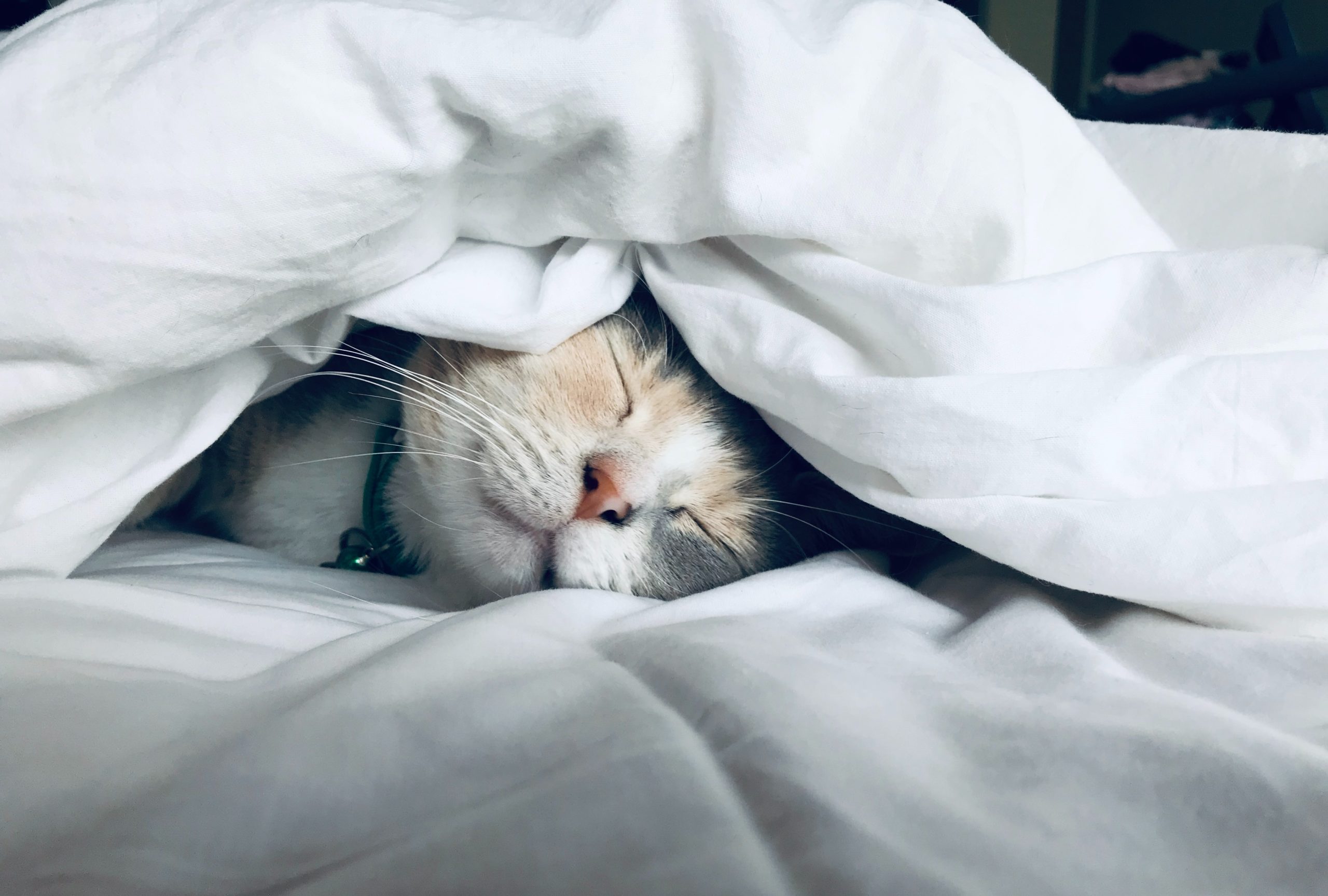From Insomnia to Sweet Dreams: Effective Strategies for Better Sleep

Insomnia affects millions of people, leaving them groggy and irritable during the day. Sleep is essential for our well-being, yet so many struggle to find that elusive slumber. But fear not! There are effective strategies to transform your restless nights into sweet dreams.
This journey toward better sleep begins with understanding what keeps us awake. From there, we can explore practical steps to establish a soothing routine, create an inviting bedroom atmosphere, and even tweak our diets for better rest. Ready to dive in? Let’s unlock the secrets to a peaceful night’s sleep together!
Understanding Insomnia: Causes and Symptoms
Insomnia isn’t just about lying awake. It’s a complex condition that can stem from various sources. Stress, anxiety, and depression are common culprits. They create a mental whirlwind that makes it tough to relax at night.
Physical factors also play a role. Chronic pain, respiratory issues, or even hormonal changes can disrupt sleep patterns. Sometimes, lifestyle choices—like too much caffeine or screen time before bed—can be the offenders.
Symptoms vary widely among individuals. Some may struggle to fall asleep initially while others wake up frequently during the night. Fatigue and irritability during the day often follow this restless cycle.
Recognizing these signs is crucial for addressing insomnia effectively. By understanding what triggers your sleeplessness, you can take targeted steps toward reclaiming those restorative nights of deep sleep.
Establishing a Consistent Sleep Routine
Creating a consistent sleep routine is essential for quality rest. Going to bed and waking up at the same time every day helps regulate your body’s internal clock. This consistency signals to your brain when it’s time to wind down.
Start by setting a realistic bedtime that allows you enough hours of sleep. Gradually adjust this time if needed, moving in small increments so your body can adapt smoothly.
Incorporate calming pre-sleep rituals into your evening routine. Activities like reading or taking a warm bath signal relaxation, making it easier to fall asleep.
Limit screen exposure before bed as blue light disrupts melatonin production, impacting both how quickly you drift off and the overall quality of sleep.
A consistent approach not only eases insomnia but enhances daytime alertness and mood stability too.
The Power of Relaxation Techniques and Meditation
Relaxation techniques and meditation can be transformative tools for enhancing sleep quality. They help calm the mind, reduce stress, and create a serene atmosphere conducive to rest.
Mindfulness meditation is particularly effective. It encourages you to focus on your breath, bringing awareness to the present moment. This simple practice can lessen racing thoughts that often disrupt sleep.
Progressive muscle relaxation is another powerful method. By systematically tensing and relaxing each muscle group, you release accumulated tension. This physical relaxation signals your body that it’s time to unwind.
Don’t underestimate the impact of deep breathing exercises either. Inhale slowly through your nose, hold for a few seconds, then exhale gently through your mouth. This rhythmic pattern promotes tranquility by lowering heart rate and blood pressure.
Incorporating these practices into your nightly routine may open doors to deeper rest and more restorative nights ahead.
Dietary Choices that Promote Better Sleep
What you eat can significantly impact your sleep quality. Incorporating foods rich in magnesium, such as leafy greens and nuts, may help relax muscles and calm the nervous system.
Tart cherries are another excellent choice; they’re naturally high in melatonin, a hormone that regulates sleep cycles. Enjoying a small bowl before bed could promote more restful nights.
Avoid heavy meals close to bedtime. Eating large portions can lead to discomfort, making it harder to drift off. Instead, opt for lighter snacks like yogurt or bananas which aid digestion while providing essential nutrients.
Staying hydrated matters too but be mindful of how much water you drink right before sleeping to reduce nighttime bathroom trips. Caffeine and alcohol should also be limited; both disrupt your natural sleep patterns if consumed too late in the day.
Making thoughtful dietary choices can pave the way for deeper slumber and rejuvenated mornings ahead.
Creating a Sleep-Inducing Bedroom Environment
Transforming your bedroom into a sanctuary for sleep can make all the difference. Start by selecting calming colors for your walls and decor. Soft hues like blues and greens create a soothing atmosphere.
Lighting plays a crucial role, too. Opt for dimmable lights or bedside lamps that emit warm tones. Avoid bright screens before bedtime; they disrupt melatonin levels.
Invest in quality bedding—comfortable sheets and pillows are essential. A supportive mattress tailored to your preferred sleeping position can enhance comfort significantly.
Keep noise at bay with thick curtains or white noise machines. Silence fosters relaxation, helping you drift off more easily.
Maintain an optimal temperature in your room; cooler environments typically promote better sleep quality. Create an inviting space where tranquility reigns supreme.
The Role of Physical Activity in Improving Sleep
Physical activity is a powerful ally in the quest for better sleep. Engaging in regular exercise can help reduce anxiety and stress, both of which are common culprits of insomnia.
When you move your body, it releases endorphins that elevate your mood. This natural boost can make falling asleep easier at night. A simple walk during the day or a more intense workout can work wonders.
Timing matters too. Exercising too close to bedtime might energize you instead of calming you down. Aim for morning or afternoon sessions when possible.
Even gentle activities like yoga or stretching contribute positively to your sleep quality. They promote relaxation and prepare your mind and body for rest.
Incorporating physical activity into your routine doesn’t have to be daunting—find what you enjoy most, and let it enhance your journey toward restful nights!
Seeking Professional Help: When to Consult a Sleep Specialist
If you’ve tried various strategies and still find yourself battling insomnia, it might be time to seek professional help. A sleep specialist can offer valuable insights into your specific situation. They may conduct a sleep study or recommend tests to understand your sleeping patterns better.
Sometimes, underlying medical conditions contribute to poor sleep quality. These could range from anxiety disorders to sleep apnea. Identifying and addressing these issues is crucial for effective treatment.
Talking with a healthcare provider can also guide you toward the right therapies or medications if necessary. Remember, seeking help is not a sign of weakness but an important step towards reclaiming restful nights.
Don’t hesitate to reach out when sleeplessness becomes overwhelming. Taking action now could lead you back to sweet dreams sooner than you think!
Disclaimer: this article does not constitute either medical or any other type of advice. The article contains the author’s personal opinion and personal conclusions and observations. If you have sleep problems or interested in other issues related to it, it is better to consult medical expert e.g. your doctor etc.









